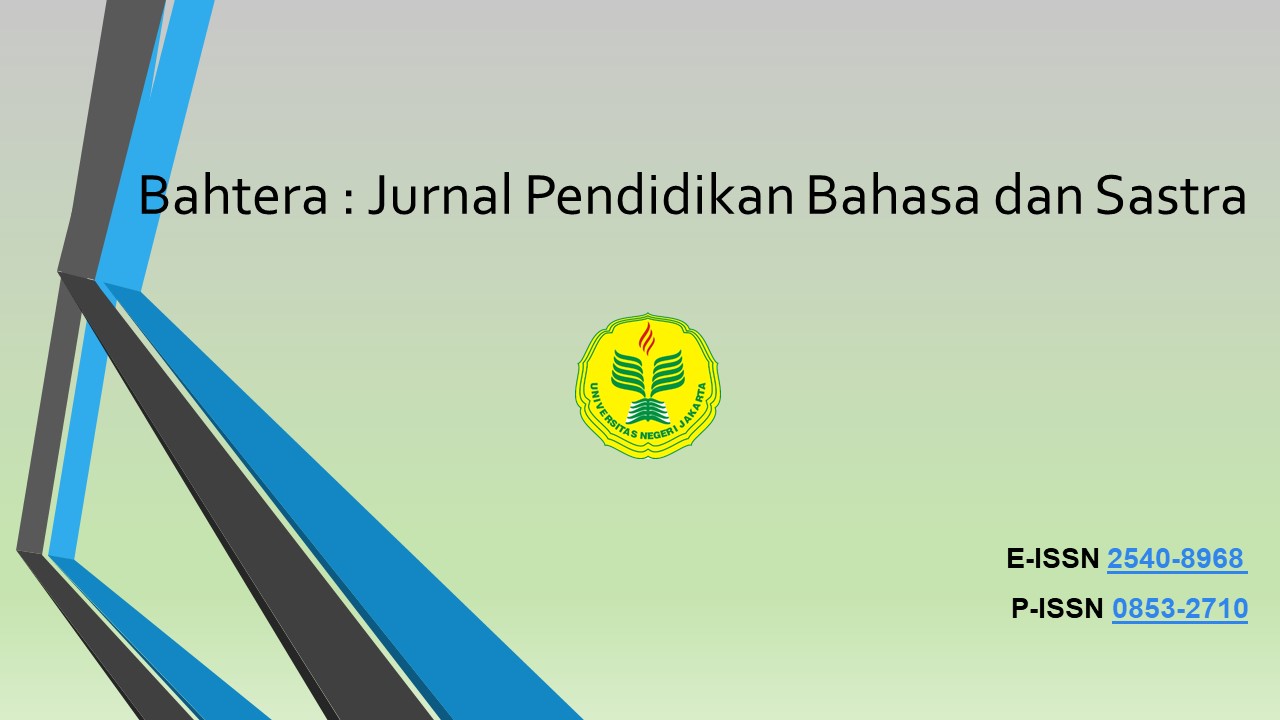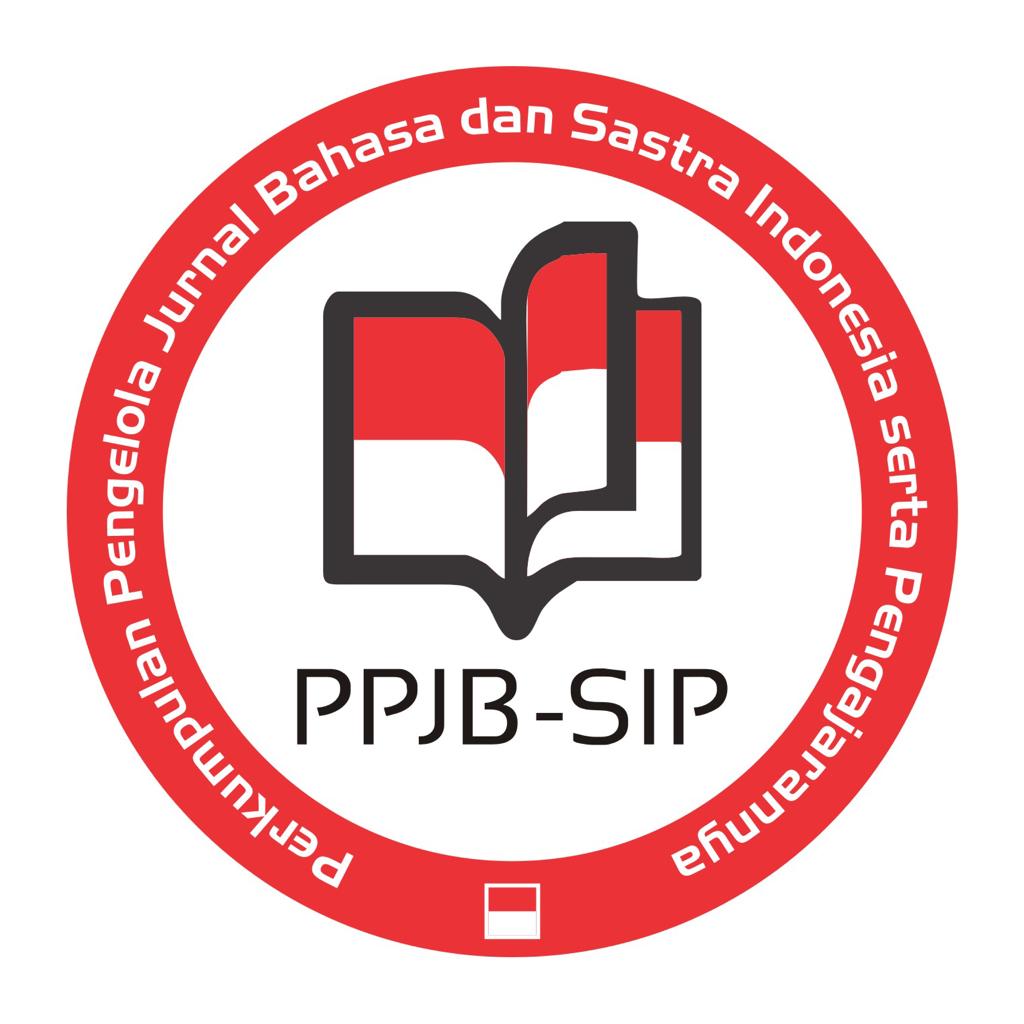ONLINE INTERPRETING LEARNING DURING PANDEMIC FROM STUDENTS’ PERSPECTIVE
DOI:
https://doi.org/10.21009/bahtera.202.07Keywords:
language, learning, interpreting, online, studentsAbstract
ABSTRACT
Studying interpreting is challenging, and even more when done online. This paper studied five students' experiences when underwent an online interpreting course. Data is collected through interviews; this article described some problems that emerged from online interpreting learning in Indonesia. The author found that there were several internal and external factors that caused some problems during online sessions. Although the subjects were satisfied with online learning, all of them prefer to do face-to-face learning. This article was initial research in the online interpreting field. It is expected that there will be further research to find effective strategies for implementing online interpreting learning.
Keywords: Online class; interpreting; pandemic; language; learning; students
References
Lee, J. (2012). What skills do student interpreters need to learn in sight translation training?. Meta: Journal des traducteurs/Meta: Translators’ Journal, 57(3), 694-714.
Lee, J., & Huh, J. (2018). Why not go online?: A case study of blended mode business interpreting and translation certificate program. The Interpreter and Translator Trainer, 12(4), 444-466. doi:10.1080/1750399X.2018.1540227
Li, S. (2014). A case study of interpretation learning strategies employed by successful interpretation learners. Theory and Practice in Language Studies, 4(6), 1303.
Obler, L. K. (2012). Conference interpreting as extreme language use. The International Journal of Bilingualism : Cross-Disciplinary, Cross-Linguistic Studies of Language Behavior, 16(2), 177-182. doi:10.1177/1367006911403199
O'Hagan, M. (2019). The Routledge Handbook of Translation and Technology. New York: Routledge.
Pöchhacker, F. (2004;2003;). Introducing interpreting studies (1st ed.). Florence: Routledge. doi:10.4324/9780203504802
Wang, Y., & Chen, N. (2012). The collaborative language learning attributes of cyber face-to-face interaction: The perspectives of the learner. Interactive Learning Environments, 20(4), 311-330. doi:10.1080/10494821003769081
Yamada, H. (2019). A direct application of simultaneous interpreting training without prior consecutive interpreting work in a university course. Theory and Practice in Language Studies, 9(4), 353-363. doi:10.17507/tpls.0904.01
Downloads
Published
How to Cite
Issue
Section
License
License & Copyright
This work is licensed under a Creative Commons Attribution 4.0 International License.










